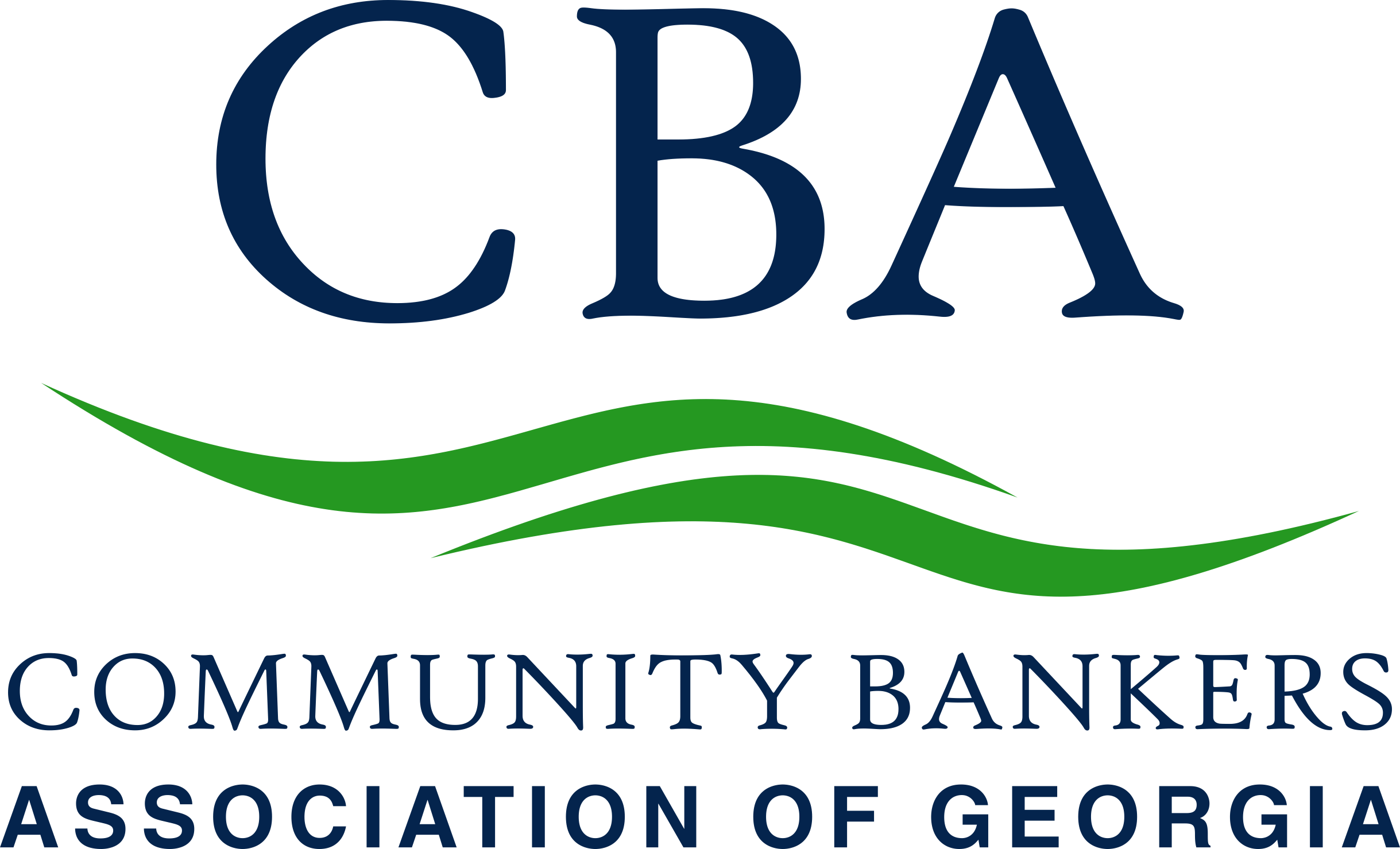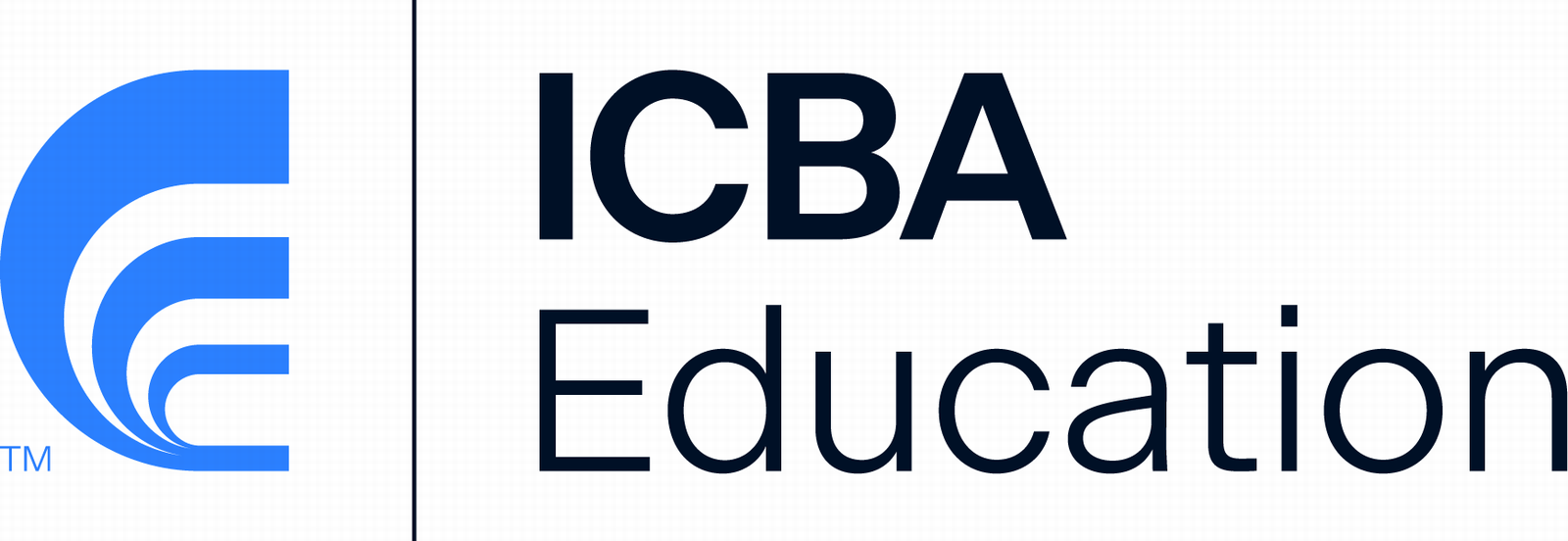Interchange Fees
Date postedFebruary 24, 2023
Interchange Fees (SB 126) Sen. Billy Hickman, R-Statesboro
Hearing held in Senate Banking and Financial Institutions on Feb-21
Interchange fees are paid by retailers to facilitate electronic payments made by customers using credit and debit cards. Currently, interchange fees are calculated on the final purchase amount. SB 126 prohibits interchange fees from being assessed on the sales tax portion of these transactions. Point-of-sale systems are not currently programmed to accommodate this requirement and such a wholesale change should be pursued at the federal level, rather than state-by-state. Proponents of the bill include the NFIB and retailers like Home Depot and RaceTrac.
The financial institutions trade associations issued a joint letter opposing SB 126 to members of the Senate Banking and Financial Institutions Committee (Committee). Click here for a copy of the letter. David Black with Georgia Banking Company (Atlanta) and Rhodes McLanahan with First American Bank & Trust (Athens) appeared before the Committee on February 21 and testified in opposition on behalf of bankers. Others testifying in opposition included representatives from the American Transaction Processors Coalition (ATPC), Global Payments, League of Southeastern Credit Unions, MembersFirst Credit Union, Associated Credit Union, and Georgia’s Own Credit Union.
Those testifying in support of SB 126 include the Georgia Retailers Association, the Georgia Association of Convenience Stores, the Georgia Restaurant Association, NFIB, and Georgia Food Industry Association.
Proponents of the bill are arguing that the interchange fee on the sales tax portion of the transaction is a tax on a tax. Bankers and those in opposition to the bill are arguing that no tax is being eliminated. Retailers are wanting banks to process their debit and credit cards but not pay for the service through interchange on the sales tax portion. In essence, this would be asking one industry to provide a service for free to another industry.
Hearing held in Senate Banking and Financial Institutions on Feb-21
Interchange fees are paid by retailers to facilitate electronic payments made by customers using credit and debit cards. Currently, interchange fees are calculated on the final purchase amount. SB 126 prohibits interchange fees from being assessed on the sales tax portion of these transactions. Point-of-sale systems are not currently programmed to accommodate this requirement and such a wholesale change should be pursued at the federal level, rather than state-by-state. Proponents of the bill include the NFIB and retailers like Home Depot and RaceTrac.
The financial institutions trade associations issued a joint letter opposing SB 126 to members of the Senate Banking and Financial Institutions Committee (Committee). Click here for a copy of the letter. David Black with Georgia Banking Company (Atlanta) and Rhodes McLanahan with First American Bank & Trust (Athens) appeared before the Committee on February 21 and testified in opposition on behalf of bankers. Others testifying in opposition included representatives from the American Transaction Processors Coalition (ATPC), Global Payments, League of Southeastern Credit Unions, MembersFirst Credit Union, Associated Credit Union, and Georgia’s Own Credit Union.
Those testifying in support of SB 126 include the Georgia Retailers Association, the Georgia Association of Convenience Stores, the Georgia Restaurant Association, NFIB, and Georgia Food Industry Association.
Proponents of the bill are arguing that the interchange fee on the sales tax portion of the transaction is a tax on a tax. Bankers and those in opposition to the bill are arguing that no tax is being eliminated. Retailers are wanting banks to process their debit and credit cards but not pay for the service through interchange on the sales tax portion. In essence, this would be asking one industry to provide a service for free to another industry.
|
Committee Chairman Carden Summers noted from the outset of the February 21 meeting that the committee would not be asked to vote on SB 126 that day. CBA applauds the Senate Banking and Financial Services Committee for holding a hearing only. Should the Committee decide to act on the bill, CBA will continue to OPPOSE it and explain why this is important for our community banks.
|



